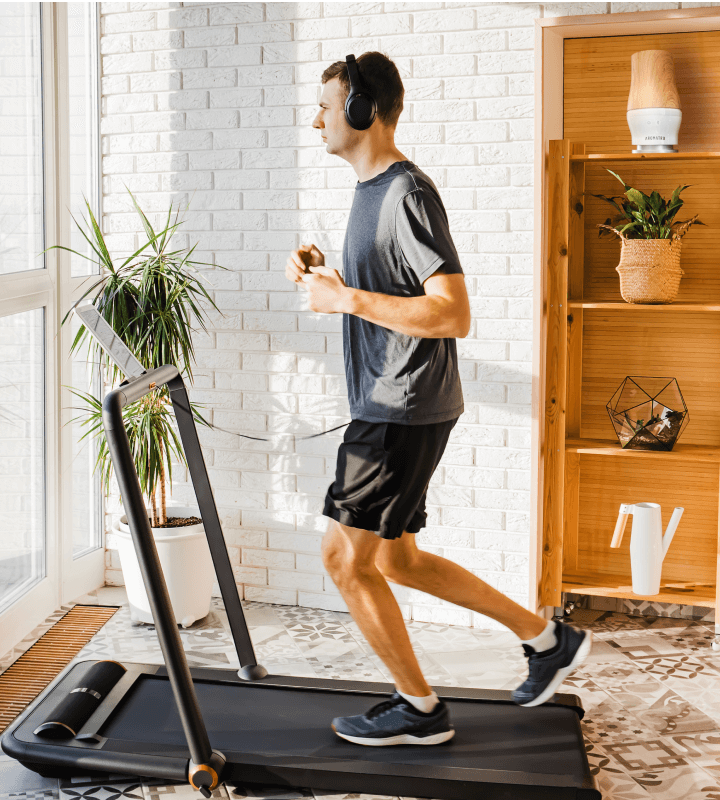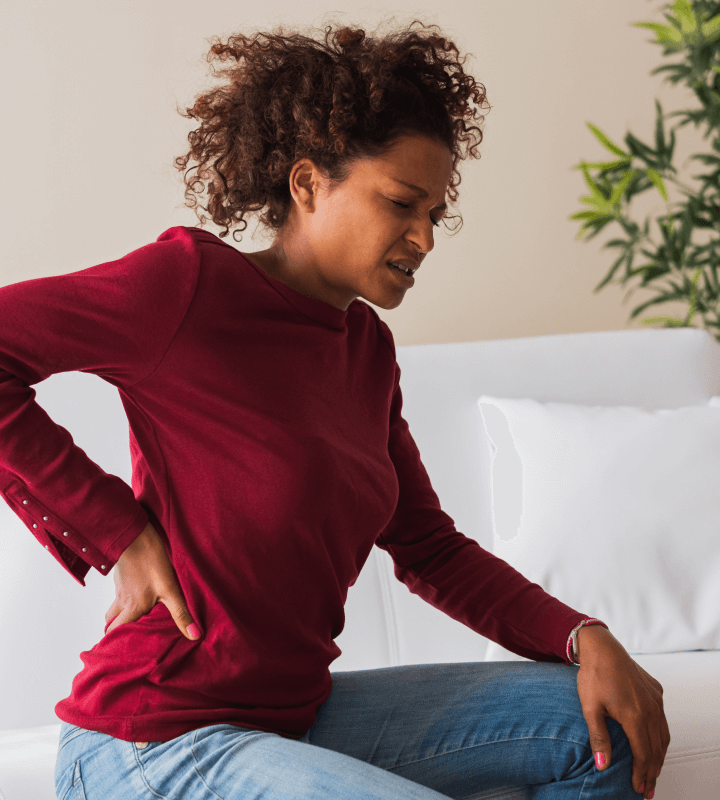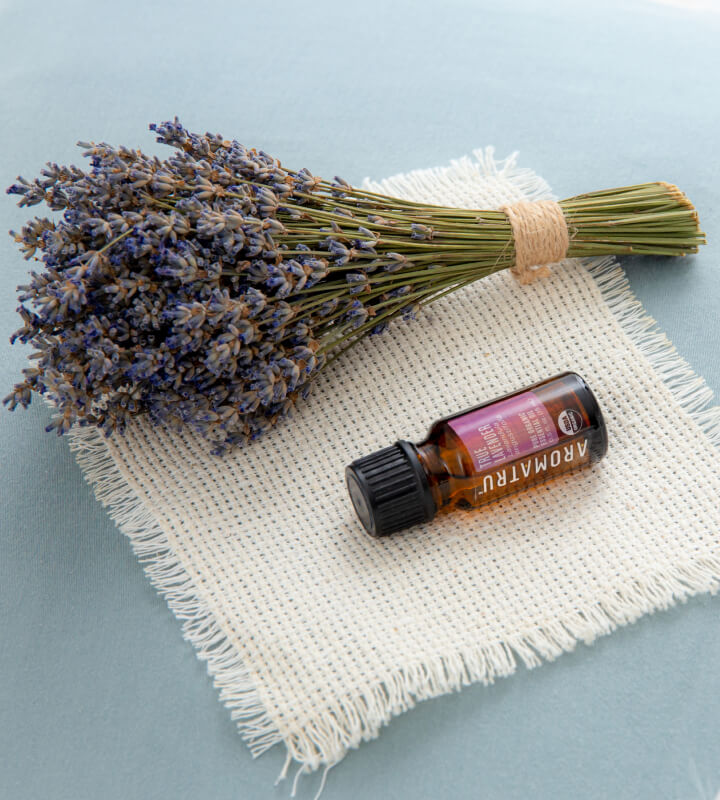Inhaling essential oils stimulates about 25 million cells which then transmit a signal to the part of your brain involved in emotional and behavioral responses (your limbic system) and hypothalamus, releasing neurotransmitters like serotonin, resulting in an effect on your emotions. The inhaled aromatherapy molecules travel to your upper respiratory tract and then the lower respiratory tract. Molecules then travel to your pulmonary blood vessels and to your blood stream, then to organs and tissues.

The health benefits have been shown in clinical studies*:

Pain
A review and meta-analysis of 12 studies examining the use of aromatherapy for pain management were identified. There was a significant positive effect of aromatherapy (vs. placebo or treatments as usual controls) in reducing pain. A secondary analysis found that aromatherapy is more consistent for treating nociceptive (a sharp, aching, or throbbing pain often caused by an external injury, like a sports injury or a dental procedure) and acute pain as well as treating post-operative pain and obstetrical and gynecological pain. There were no adverse effects reported.
Anxiety
A meta-analysis of 25 articles (32 trials) on randomized control trials that measured the ability of aromatherapy to decrease anxiety were reviewed. The pooled results demonstrated that inhalation and massage aromatherapy significantly decreased anxiety levels in different conditions. No side effects were mentioned in all of the studies.


Menopause
A double-blind cross over clinical trial was conducted with 100 menopausal women between 45 and 55 years old. Participants smelled either Lavender or diluted milk (the control) two times daily for 12 weeks. The results indicated that Lavender aromatherapy provided a significant decrease in menopause symptoms.

Stress
Aromatherapy was provided via inhalation to participants before a cardiac rehabilitation session over 8 minutes using Lavender essential oil. The same protocol was used in a non-aromatherapy session without the essential oil. Results showed a reduction in blood pressure, as well as a decrease in heart rate, and determined that Aromatherapy might be a useful stress management tool for cardiac rehabilitation patients.

Relaxation,Contentment,Alertness
Clinical trials have shown evidence that inhalation of essential oils can affect blood pressure, heart rate, respiratory rate, cortisol serum levels, and brain wave composition accompanied with relaxation, contentment, and feeling alert, without having the side effects of synthetic drugs.